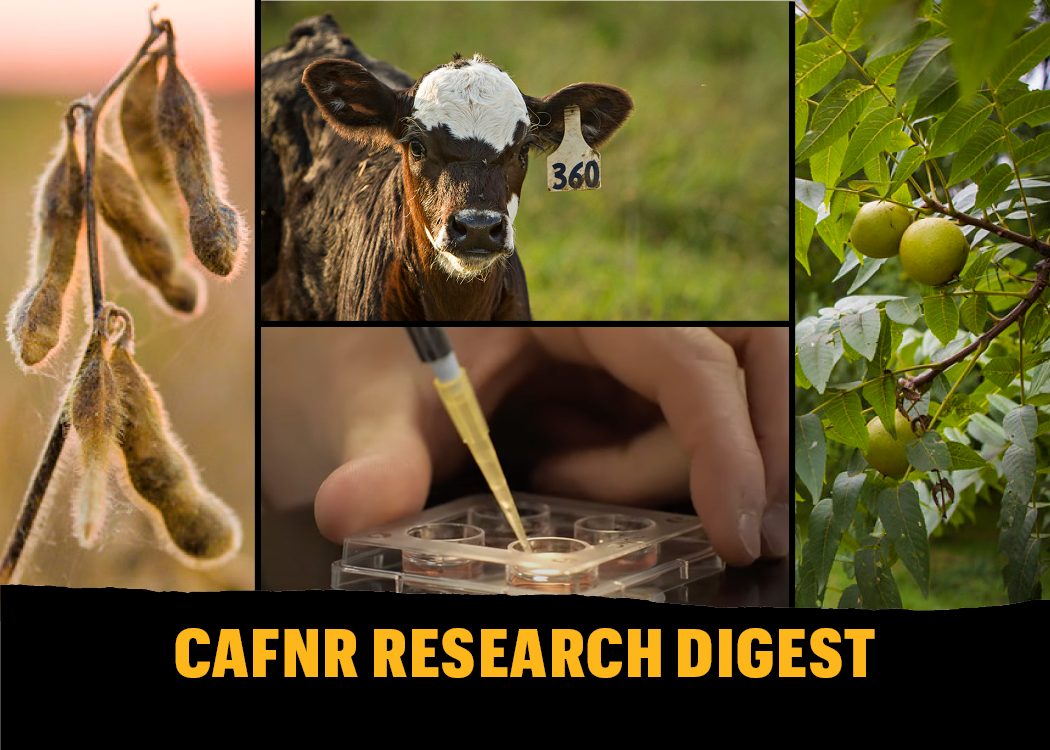|
Can strips of unused farmland be used to create biofuel and additional profits for farmers while increasing carbon sequestration? Jordon Wade, assistant professor of soil health and director of the Soil Health Assessment Center, wants to know. He is using a $2.5 million USDA Climate-Smart grant to find out with the help of Missouri farmers. Wade’s work will focus on planting cover crops and creating prairie strips — strips of land between crops where native prairie grasses are planted — on real, working farms across the state. The potential for productivity and profitability of marginal land will be monitored determined across Missouri farms. They will then measure soil health and the potential for prairie strips and cover crops to produce biomass for biofuel. Wade says that conducting this research on working farms offers a key advantage. “It’s a real-world situation,” Wade said. “Research plots are the ideal, but for this study we want to look at marginal land.” Wade expects this will result in a larger and more representative sample of real-world situations that will translate better to the work Missouri farmers do every day. The $2.5-million grant is part of a larger, $80-million grant awarded to Roeslien Alternative Energy in St. Louis. The partnership helps connect participating farmers to a market for the biomass they are creating. “The big picture project is to build markets for agricultural gas,” Wade said. “We want to put together markets, assess sustainability and offset greenhouse gasses.” Roeslein Alternative Energy is also partnering with Iowa State University for the project, but, according to Wade, the infrastructure in place for doing on-farm research trials with his MU Strip Trials project positioned MU as a valuable research partner. Farmers interested in participating in the study can email Wade at j.wade@missouri.edu. |
